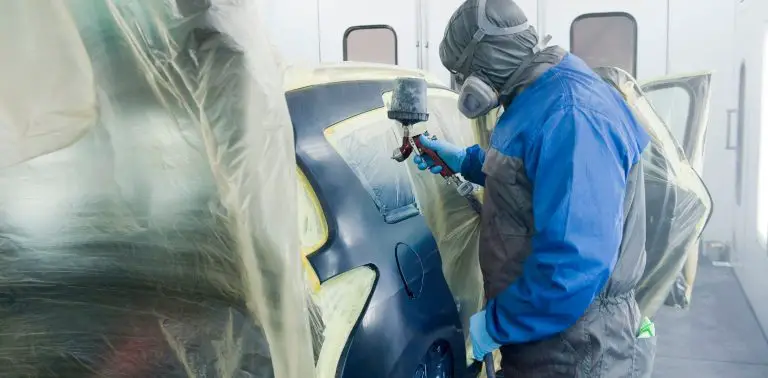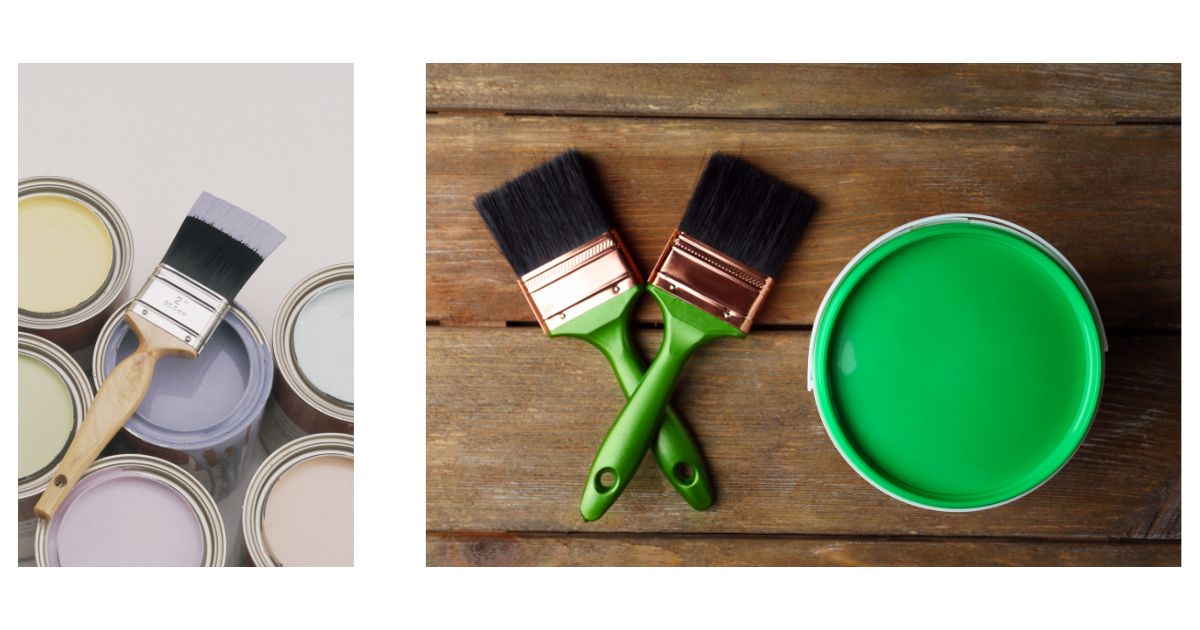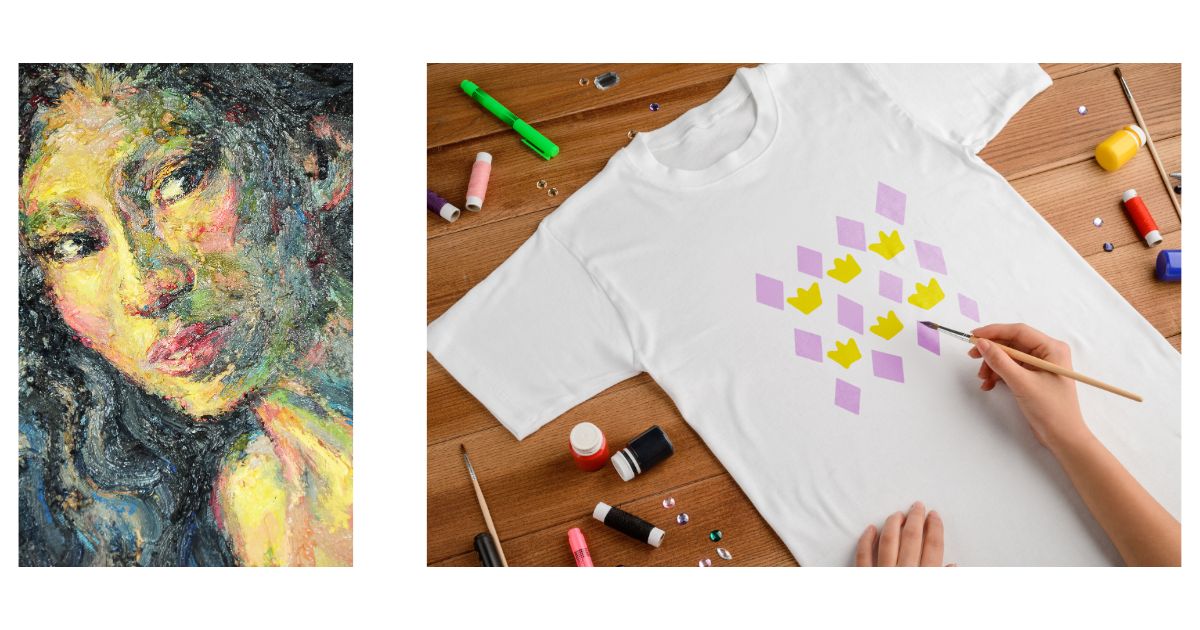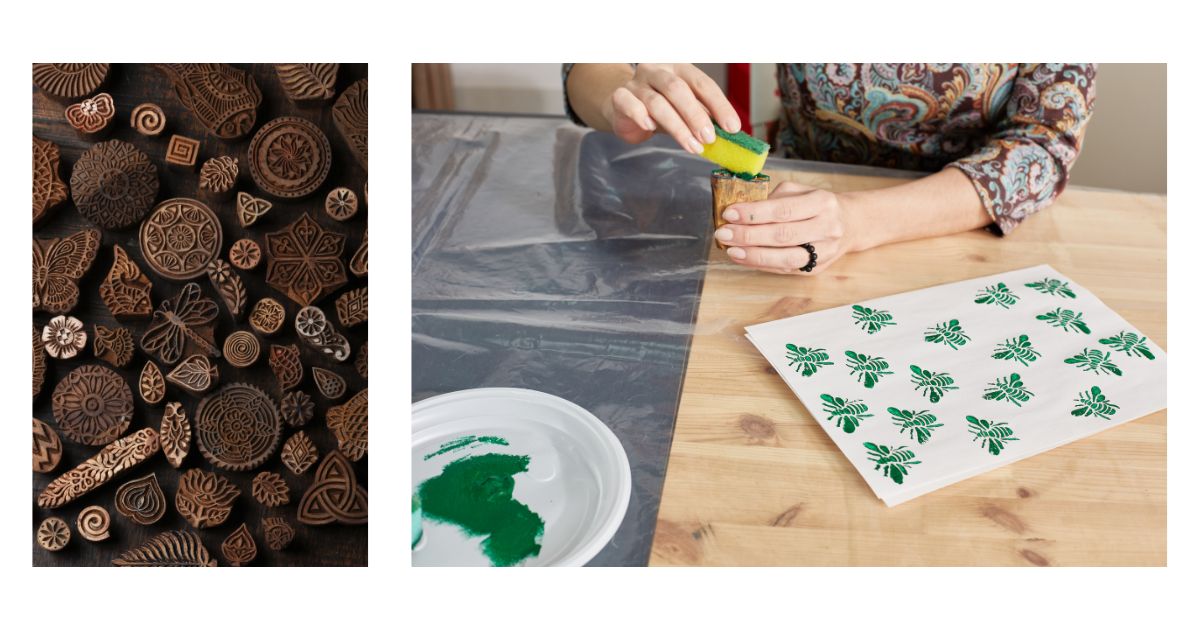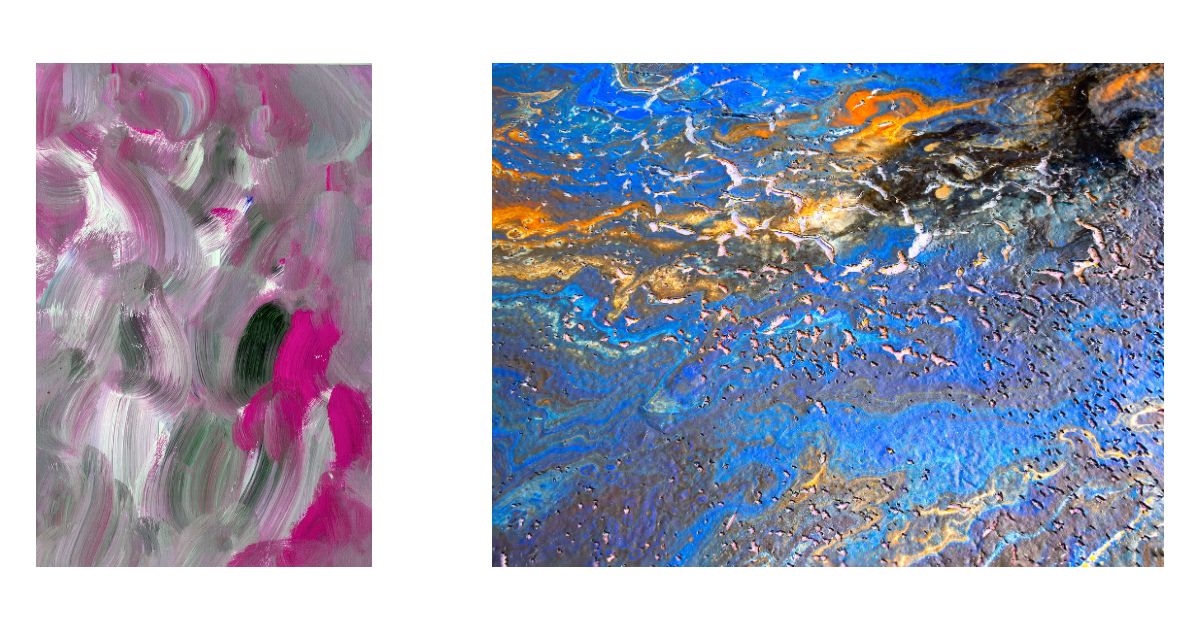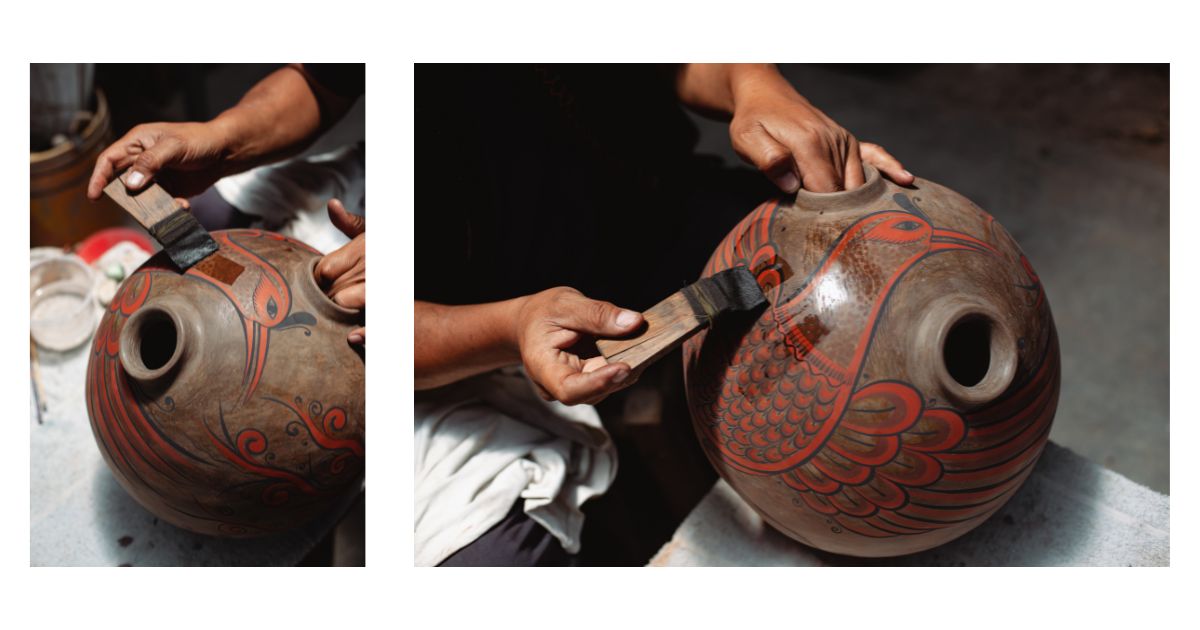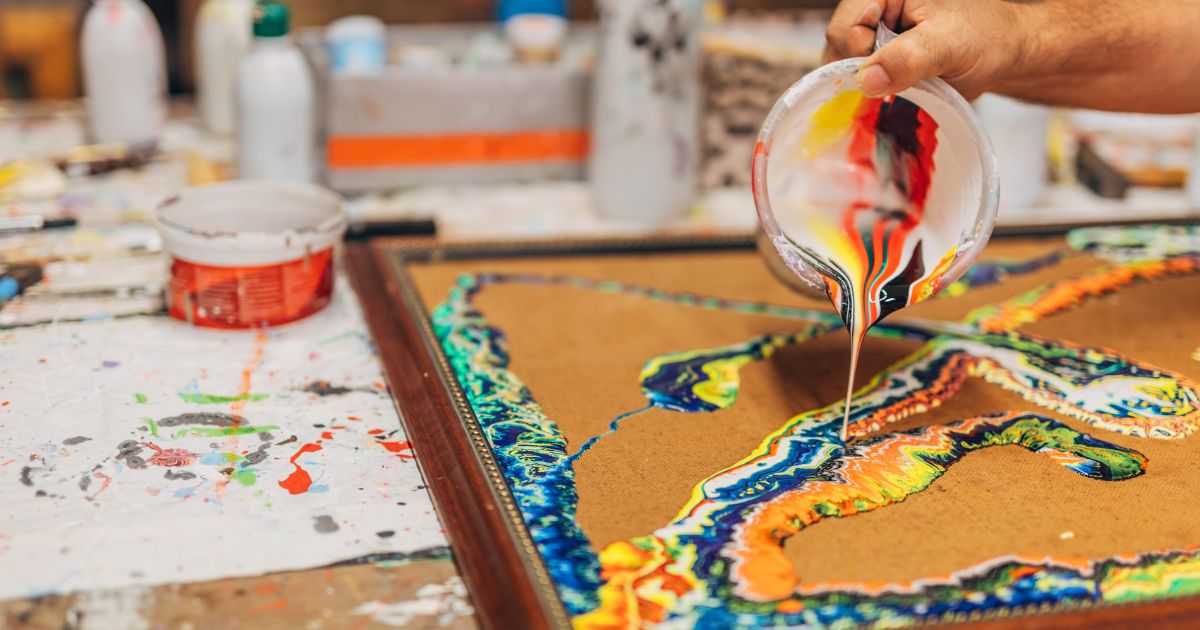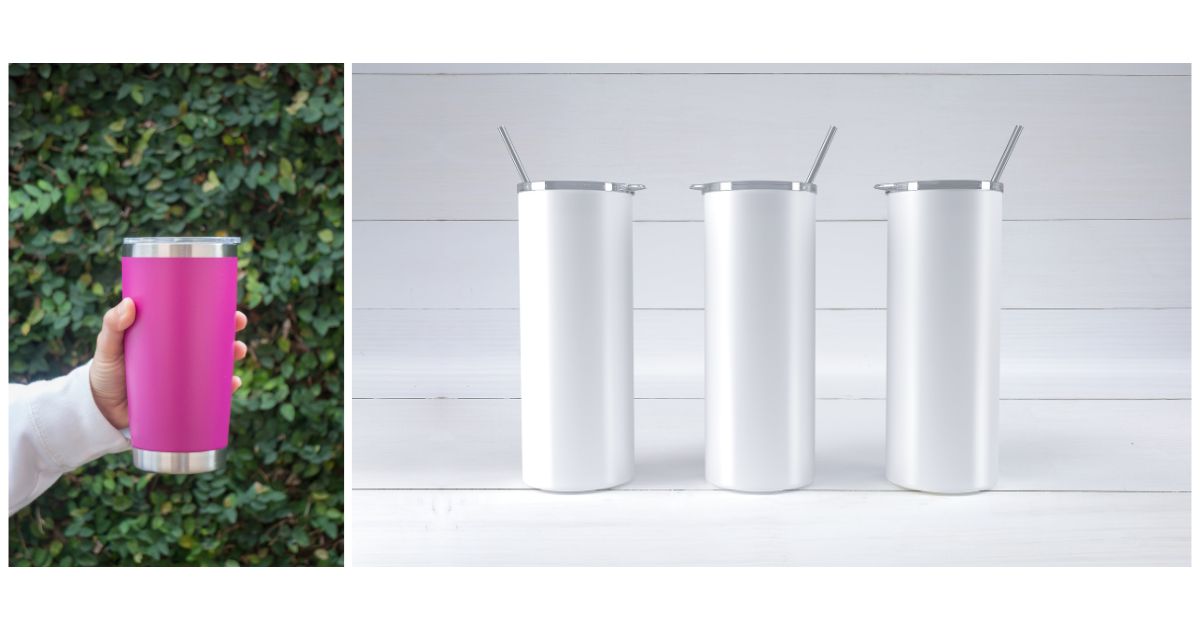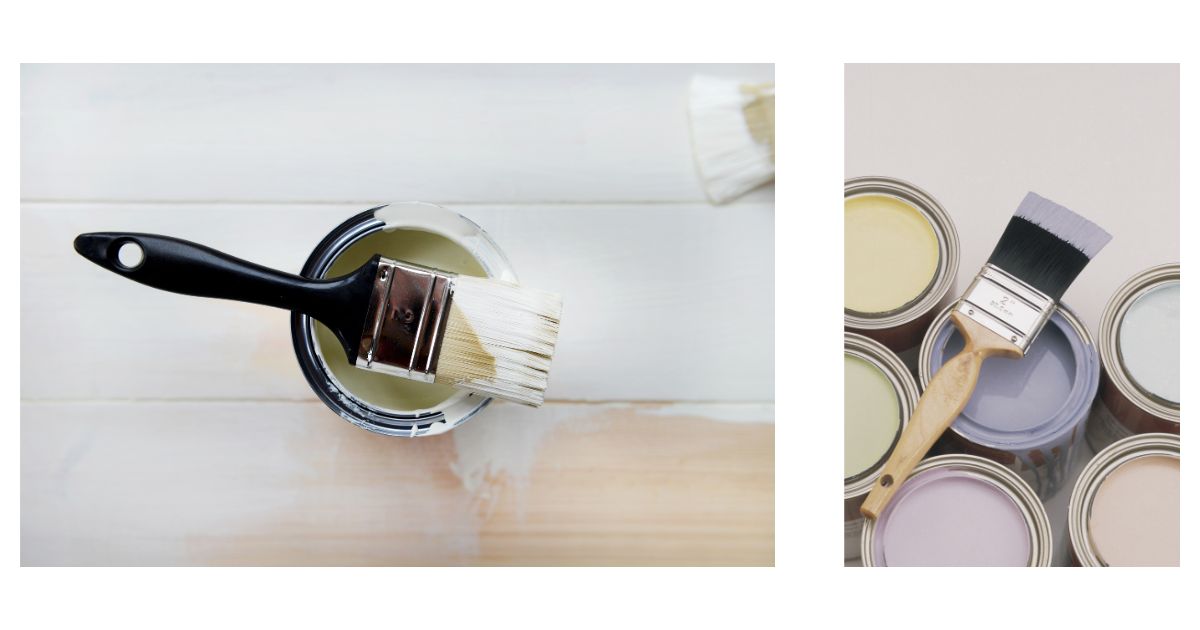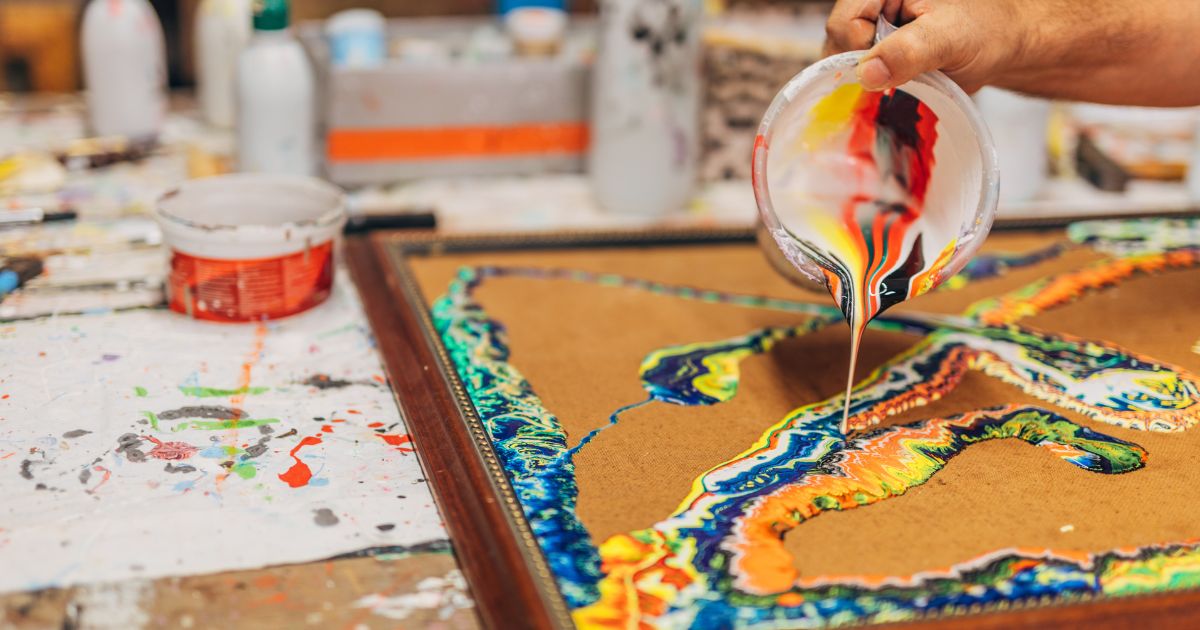Painting a car can be a process that is both rewarding and frustrating. For the experienced car painter, it can take a day or two to complete a large project like paint. But for the novice painter, it can be an overwhelming task that may take weeks or even months to complete.
When painting a car, the key to success is approaching the project with patience and knowledge. Start by studying the car exterior before starting any prep work. Once you understand the surface, you can begin applying your basecoat and clear coat.
Follow the paint manufacturer’s instructions for each step of the process, paying attention to detail so that your finished product looks professional.
What Are the Most Necessary Supplies for Painting a Car?
When painting a car, it is essential to have the correct supplies to avoid mistakes. Here are the six most necessary supplies for painting a vehicle:
- Paint
- Primer
- Two Types of Brushes
- A Bucket
- Storage Container for Color
- and Cloths.
What Steps Need to Be Taken Before Painting a Car?
Paintless dent removal is a popular service offered by many body shops. The process generally consists of using a vacuum cleaner to remove any surface dents from the car.
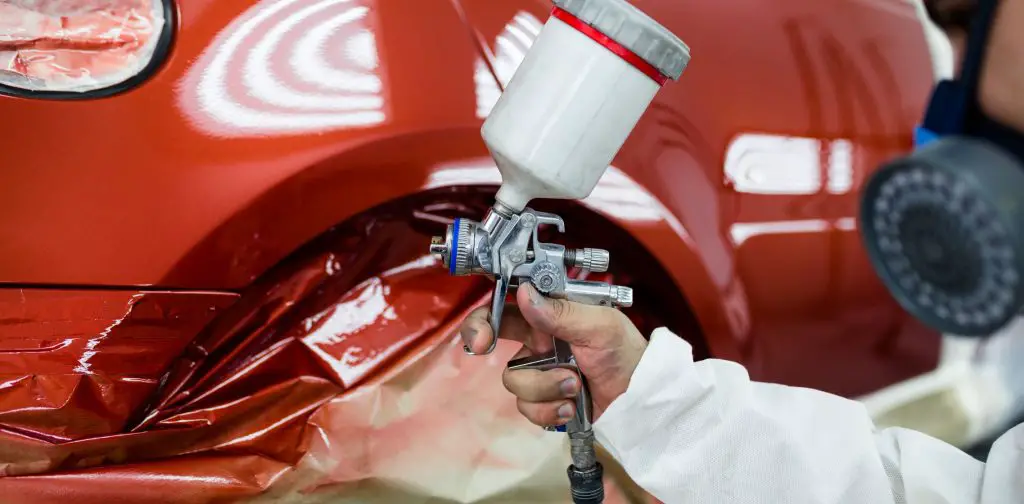
This can be done before or after the paint has been applied, depending on the severity of the patterns. To avoid damaging paintwork, it is essential to follow specific steps when painting a car:
- Remove all debris and road tar from the vehicle.
- Wash the vehicle thoroughly with soap and water.
- Apply a primer coat to all surfaces that will be painted.
- Apply one or two coats of color, using a light touch and ensuring coverage.
- Finally, apply a sealant coat to protect the finish and keep the paint looking new for years to come.
How Long Does It Take to Paint a Car?
There’s no one answer to this question, as the time it takes to paint a vehicle depends on various factors, including the size and complexity of the car, the painter’s experience and skill level, weather conditions, etc.
However, we can ballpark some general estimates based on averages. A standard sedan-sized car that requires an average of two coats of paint (600 square feet) typically takes around four hours per panel.
A more complex vehicle or one with intricate details may take longer to complete. In extreme weather conditions or the painter is not experienced, painting a car can take up to 12 hours or more.
What Are the Benefits of Painting a Car Yourself?
Paint your car yourself and reap the benefits! There are many reasons to paint your car yourself rather than hiring a professional. You’ll save time and money. Plus, you’ll get a better result because you’ll have more control over the process.
Here are four benefits of painting your car yourself:
- Save time and money: Painting your car yourself is much faster and cheaper than hiring a professional.
- Get a better result: A good paint job requires skill and practice, but you’ll get a better result if you do it yourself.
- Control the process: If you want to change your car’s color or design, painting it yourself gives you more control over the process.
- Avoid the hassle. For example, if you want to paint your car but don’t have the time, you can hire a professional to do it for you.
Painting Your Car – Yourself Is a Dream Come True
It’s no secret that car owners everywhere love to customize their rides. Whether adding a splash of color or picking out unique details, there’s something about caring for one’s car that feels special.
But what if you don’t have the time or money to go to a body shop? Or maybe you’re not a fan of the idea of modifying your car? Painting your car, yourself is a dream come true!
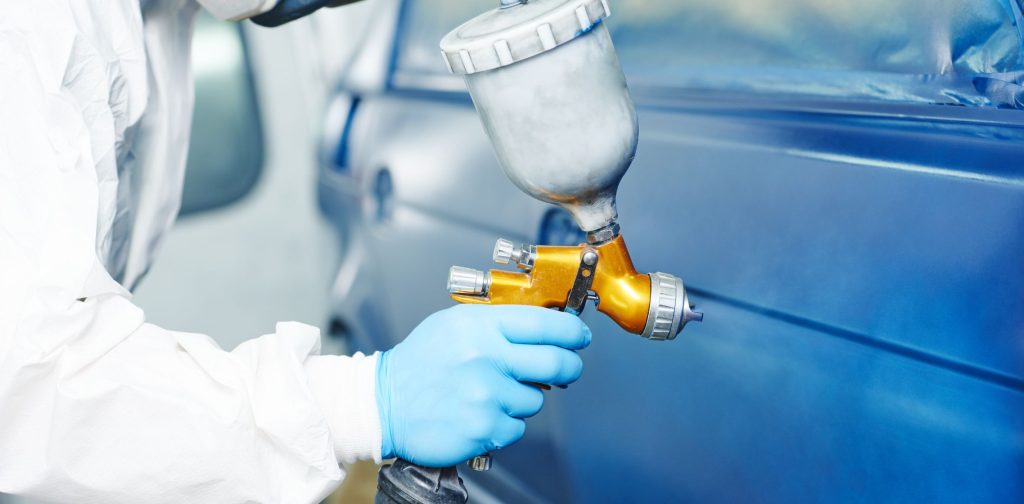
Many different types of paint and primers are available today, so finding the right one for your vehicle is easy. Plus, using your two hands to complete this project will give you severe satisfaction – and who knows, maybe you’ll even get creative and add some personal touches to your ride!
Paint Type and Color Options for Your Car’s Finish Job
Paint type and color options are important considerations when choosing a car finish job. There are many different types of paint, each with its benefits and drawbacks. The correct color for your car will depend on the finish you’re aiming for and the colors available to you.
Here are some things to keep in mind when choosing paint for your car:
- Most car finishes are made up of multiple layers, and each layer requires a specific type of paint. For example, a clear coat is needed on top of the basecoat to protect it from weathering and scratches.
- Different paints vary in terms of their longevity and resistance to wear and tear.
Paint Preparation and Surface Prep Tips for A Professional
To create a finished product, professional painters use many tools, materials, and techniques. One of the most important aspects of any painting project is preparation.
Here are some tips for preparing your surface and ensuring a professional finish:
- Start by cleaning the surface with a damp cloth or vacuum cleaner. Remove any dust, dirt, or debris.
- If the surface is dry, coat it with a thin primer layer. Primer is designed to protect the surface against paint damage and improve its adhesion to the wall or other substrate.
- Once the primer is dry, apply a smooth layer of paint using a brush or roller. Use a light touch to avoid dripping or puddling.
- Let the paint dry completely before applying another coat of primer or finishing touches (such as trimming excess paint).

